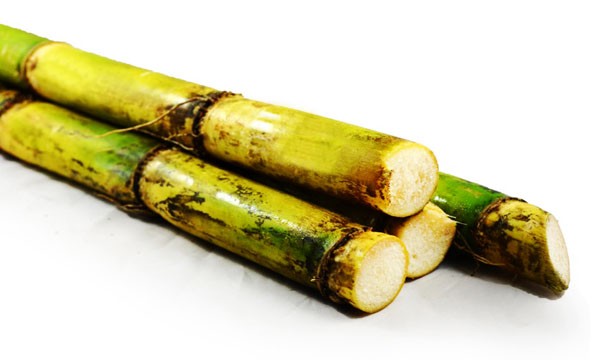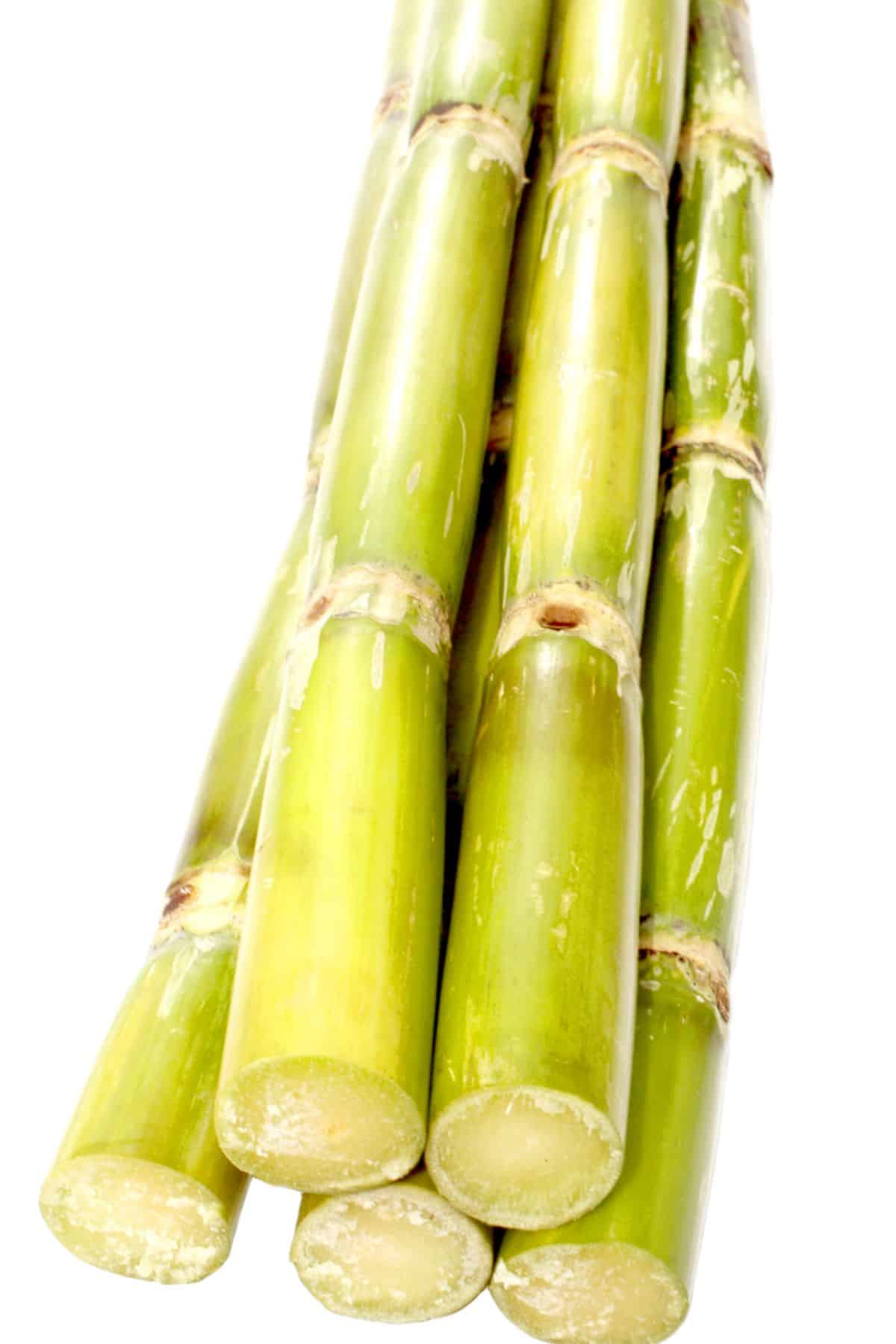Cane Sugar Processing: From Field to Table-- A Step-by-Step Overview
Cane Sugar Processing: From Field to Table-- A Step-by-Step Overview
Blog Article
A Detailed Review of the Health And Wellness and Economic Ramifications of Walking Stick Sugar Handling on Neighborhood Communities
Walking stick sugar handling plays a pivotal function in forming the economic landscape of local neighborhoods, using work opportunities and promoting ancillary industries. The wellness implications linked with high sugar intake can not be overlooked, as they contribute to climbing prices of obesity and diabetes.
Financial Advantages of Cane Sugar Processing
Walking cane sugar processing offers significant financial benefits that extend past the instant agricultural sector. The farming and processing of sugarcane create countless work chances, from farming to manufacturing and circulation. This employment generation not just supports neighborhood economies yet likewise fosters area growth by offering secure earnings sources for families.
In addition, the sugar industry boosts supplementary businesses, consisting of transportation, tools supply, and packaging solutions (Cane Sugar Processing). As these sectors expand, they contribute to an extra robust economic structure, improving general area resilience. The export possibility of refined walking cane sugar additionally enhances financial advantages, positioning areas as affordable players in worldwide markets
Financial investment in modern-day processing centers can bring about raised efficiency and performance, thereby lowering waste and optimizing source usage. This change not just benefits the local economy however also supports sustainability efforts by decreasing environmental impacts.
In addition, the income produced from walking stick sugar processing can be reinvested in regional framework, education, and healthcare, advertising alternative area development. On the whole, the financial benefits of cane sugar processing are diverse, supplying a structure for withstanding prosperity in agricultural regions.
Health Risks Related To Sugar Usage
Extreme sugar consumption poses considerable health risks that necessitate major interest. High consumption of sugarcoated, specifically from refined beverages and foods, has actually been linked to various health and wellness difficulties. Among the most pressing concerns is excessive weight, as sweet diets add to an increased calorie intake without offering vital nutrients. This excess can lead to metabolic problems, consisting of type 2 diabetes mellitus, which has ended up being progressively prevalent in both grownups and youngsters - Cane Sugar Processing.
In addition, high sugar usage is connected with heart disease. Raised blood glucose levels can cause insulin resistance, a forerunner to numerous heart-related problems. In addition, sugar can have damaging results on dental health, resulting in dental caries and gum illness, as germs in the mouth flourish on sugar, producing acids that deteriorate tooth enamel.
Moreover, arising study suggests a prospective web link in between high sugar intake and mental health and wellness conditions, such as anxiety and anxiousness. As areas face these health and wellness threats, it becomes necessary to advertise understanding and encourage much healthier nutritional options. Addressing sugar consumption is vital not only for specific health and wellness however likewise for the total wellness of regional areas, stressing the need for thorough public wellness methods.
Environmental Effects of Sugar Production
Frequently overlooked in conversations about sugar's ramifications is the significant ecological influence of sugar manufacturing. The growing of sugarcane often demands considerable land usage, causing logging, loss of biodiversity, and disturbance of neighborhood ecological communities. The conversion of forests and wetlands right into sugar vineyards can result in environment damage, harmful various types and modifying environmental balance.
In addition, sugar production is resource-intensive, consuming considerable amounts of water for irrigation. This can bring about exhaustion of regional water resources, adversely influencing both agricultural techniques and area accessibility to clean water. Furthermore, using chemical fertilizers and pesticides in sugarcane farming can contribute to dirt deterioration and water air pollution, as runoff from these chemicals goes into nearby rivers and lakes, impacting aquatic life and human wellness.
The ecological footprint encompasses the handling phase, where energy usage and waste generation further exacerbate ecological issues. Air contamination from melting sugarcane fields, along with greenhouse gas emissions, contribute to climate adjustment. Thus, the ecological implications of sugar production warrant significant web link consideration, advising stakeholders to adopt even more lasting methods to mitigate these damaging results on neighborhood environments and areas.
Job Development and Area Growth
The environmental difficulties presented by sugar manufacturing are frequently counteracted by its capacity for economic benefits, specifically in task development and community growth. The cane sugar market functions as a check out this site substantial source of employment in several rural areas, supplying work across numerous ability levels, from agricultural labor to handling and distribution roles. This employment not only supports private households but also adds to the general economic vigor of regional communities.
Additionally, the facility of sugar processing facilities promotes supplementary services, such as transport services, equipment supply, and maintenance suppliers. As these businesses thrive, they create added tasks and strengthen neighborhood economic climates. The profits generated from the sugar sector likewise results in raised tax obligation incomes, which can be reinvested into social work such as health care, infrastructure, and education and learning growth.
Furthermore, the sugar industry typically participates in community development initiatives, such as sustaining neighborhood colleges and wellness programs, therefore boosting the top quality of life for homeowners. By cultivating strong neighborhood ties and promoting economic growth, the cane sugar processing industry plays a vital role in uplifting local populations, making it a necessary element of sustainable development techniques in sugar-producing regions.
Harmonizing Health And Wellness and Economic Development
In browsing the complexities of cane sugar processing, a vital challenge exists in stabilizing wellness considerations with economic development. The sugar sector dramatically adds to regional economic situations by creating jobs, boosting relevant fields, and boosting tax earnings. Nonetheless, the health and wellness implications related to excessive sugar intake can result in chronic diseases such as obesity, diabetes, and cardiovascular concerns, which can worry public wellness systems and diminish workforce efficiency.

Furthermore, regulative structures can play a pivotal duty in guiding sector practices in the direction of more health-conscious and sustainable methods. By fostering collaboration between government bodies, wellness companies, and the sugar sector, communities can navigate the dichotomy of health and economic development, guaranteeing that the advantages of walking cane sugar handling are equitably shared while prioritizing public health and wellness.
Final Thought
To conclude, the processing of walking stick sugar provides both substantial financial benefits and remarkable wellness risks for local communities. While it promotes job production and boosts regional growth, the affiliated wellness worries, specifically concerning excessive weight and diabetes mellitus, demand a mindful harmonizing act. By advertising liable intake and investing in area education and lasting methods, it is feasible to maximize economic advantages while minimizing unfavorable wellness results, therefore ensuring a much healthier future for local populaces.
Furthermore, his explanation sugar can have detrimental impacts on dental health, resulting in tooth cavities and gum tissue illness, as microorganisms in the mouth flourish on sugar, creating acids that erode tooth enamel.
Resolving sugar intake is critical not just for individual health however additionally for the overall well-being of regional neighborhoods, emphasizing the requirement for detailed public health and wellness approaches.
Regularly overlooked in discussions concerning sugar's effects is the significant environmental impact of sugar production. The health implications linked with excessive sugar consumption can lead to persistent diseases such as weight problems, diabetes mellitus, and cardiovascular issues, which can concern public health and wellness systems and decrease workforce productivity.

Report this page